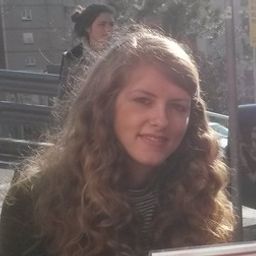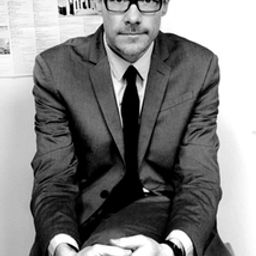Heritage Futures / Utopian Currents I
My Session Status
These logics of the future speak directly—as utopianism always does—to different social and political imaginaries.
• How do such temporal logics relate to alternative heritage scenarios?
• What kind of politics is implied by ideas of "forever, for everyone" (UK National Trust slogan)?
• What sort of imaginaries might open up political potentials for heritage and have implications for decision-making processes?
• How might we diagnose utopian tendencies in heritage practices?
This session invites contributions on utopian currents in the field of critical heritage studies. The perspective of historical futures will be used to shed light on a range of case-based topics, as well as raising the question of our own present, and how contemporary heritage practices might hold open or foreclose possible futures.
The session encourages proposals on themes including, but not limited to:
• Heritage futures based on current practices.
• The social and political imaginaries involved in heritage practices and writing about heritage.
• Logics of time and the negotiation of the past and the future within heritage studies (through, for example, conservation, interpretation, participation).
• Critical heritage approaches to the temporal politics of heritage.
• Diagnoses of utopian currents in heritage case studies.
• Discussions of heritage in relation to the hopes/fears of particular groups or communities of people.
• Examples of utopian interventions oriented toward change, or alternative heritage decision-making processes.
Sub Sessions
There is a well-established precedent for utopian thinking around cultural heritage, particularly in the institutional context. For example, a number of writers have commented on the utopian ideal of museums, libraries, and archives to house and preserve intact cultural memory. Likewise, in his study of national identity and the heritage industry, Patrick Wright wrote that: “like the utopianism from which it draws, national heritage involves positive energies which certainly can’t be writt...
The history of York includes many documented instances of activist resistance to the kinds of developments which remove parts of the medieval city wall (mid-nineteenth century; 1940s), demolish terrace housing, widen roads or build multi-storey carparks (1960s-1970s), or make changes to create space for restaurants, hotels, or shopping centres (1990s-present day). Very often these campaigns and their explicit evocation of the importance of heritage have been characterized by their oppositi...
While it is customary to think about heritage as a series of practical fields oriented toward the past, it is perhaps less often the case that we reflect on heritage as a series of future-making practices. But if we are to take seriously the claim that heritage is the conservation or preservation of objects, places, and practices from the past, in the present, for the future, then it becomes possible to think of heritage as a series of activities that are intimately concerned with assembli...
In response to the guiding theme of the conference “What does heritage change?” this paper will explore how changes to the way we traditionally conceptualize “heritage” impacts on local identity, relationships to place, and heritage policy. Our paper is based on the results of a UK Arts and Humanities Research Council (AHRC) funded project that explores what it means to lose heritage in times of accelerated climate change. The project focuses on three international case studies: t...
This paper will explore the outlook on the present and future provided by contemporary community heritage projects in Tyneside, UK. It will ask how the past is understood in the present, the different ways in which it is used, and whether these uses open social and political debates or consolidate one particular view of heritage, history, and society. This will entail an investigation into different modes of engagement in the past—from engagements that raise questions and alternatives, to ...
The expanding use of heritage methods, governance and policy structures to produce an ever-more inclusive, visible, material heritage that particular groups use in the politics of identity and recognition, has tended to overshadow thinking around local and personal forms of place attachment, people/object entanglement, and how heritage places act as locales of “affective contagion” in the present. The doctrine of heritage “significance,” its privileging of the national scale and objective ...
What futures does landscape hold? The Lake District might be seen as the birthplace of heritage management, yet it has struggled to gain World Heritage Site status. It is currently being considered for designation as a cultural landscape, a category that was created partly in response to the very combination of natural and cultural features that the site possesses. That landscape is largely a product of hefted fell shepherding, as celebrated by William Wordsworth. He posited a utopian “She...







